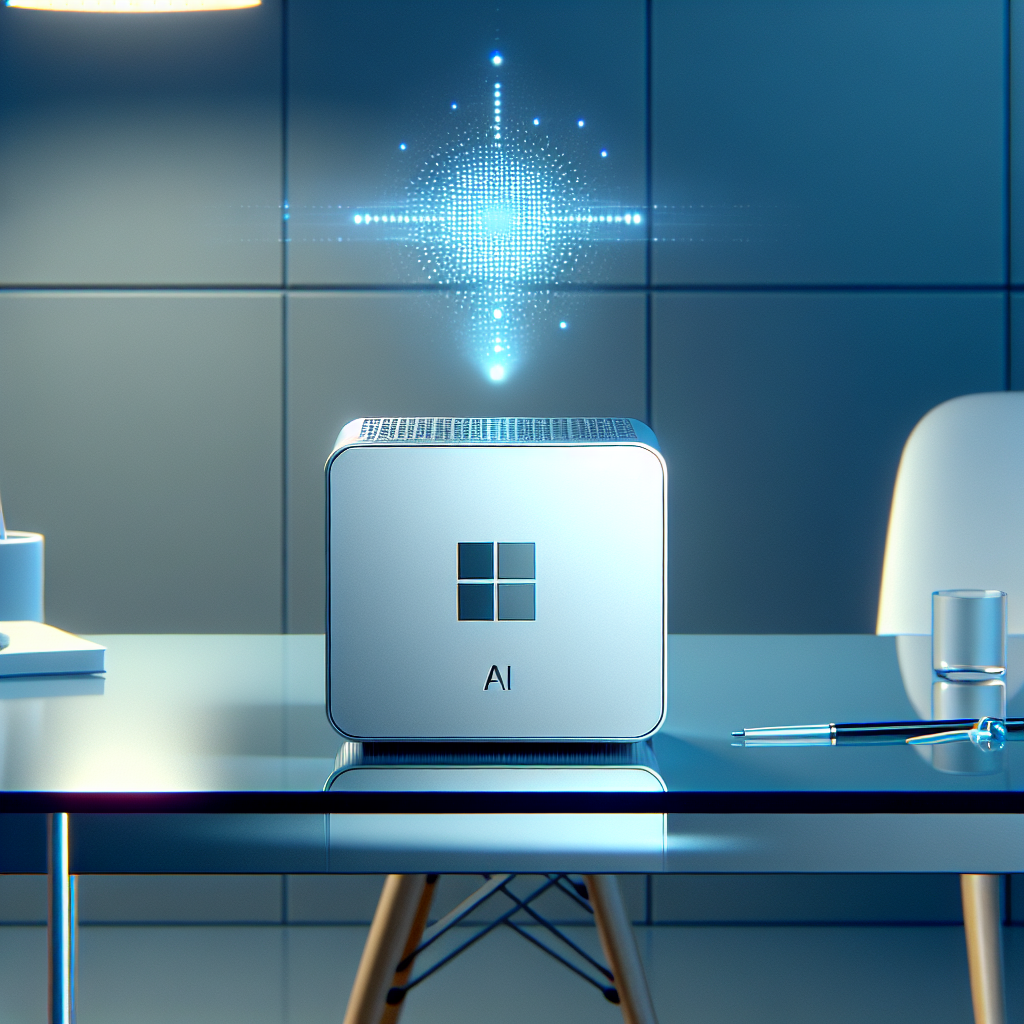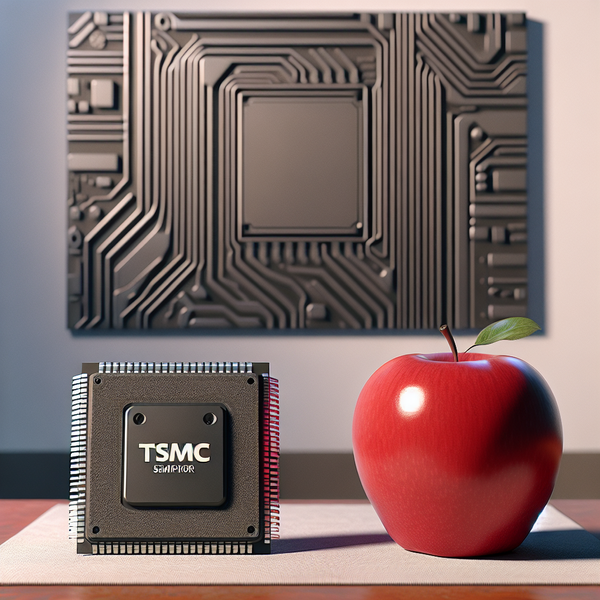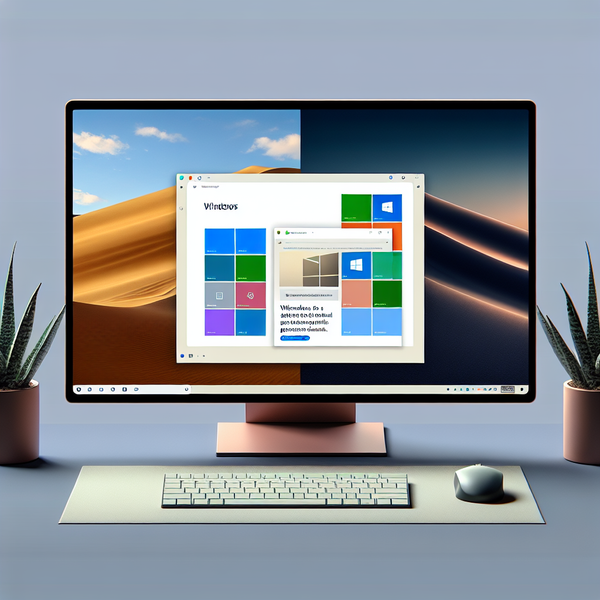Microsoft's Mini AI PCs Poised to Revolutionize Desktop Computing

Introduction to Microsoft's Mini AI PCs
Microsoft is set to make waves in the tech industry with the imminent release of its Mini AI PCs, a significant step for the company in its milestone 50th year. These cutting-edge devices promise to integrate Microsoft's Copilot Plus technology, providing powerful AI-driven functionalities within a compact form factor. The Consumer Electronics Show (CES) will provide an in-depth look into these innovations, likely marking another chapter in Microsoft's long-standing journey in the PC market. As the competition between tech giants continues, Microsoft aims to challenge Apple’s Mac Mini with its latest offerings.
Asus Leads the Charge with NUC 14 Pro AI
Asus has emerged as a front-runner by introducing the NUC 14 Pro AI, equipped with a dedicated Copilot button. This device is expected to feature capabilities for enhanced AI image processing, and task management directly integrated with Windows 11. The unveiling of this technology by Asus underscores a collaboration with Microsoft to refine the use of AI across various hardware platforms, potentially setting new standards in desktop computing.
Broader OEM Adoption and Qualcomm’s Role
With Geekom showcasing mini PCs powered by AMD’s Strix Point CPUs and Qualcomm's Snapdragon X Elite processors, the CES is poised to highlight a slew of devices supporting Copilot Plus features. Qualcomm's involvement is crucial as its latest chips are designed to extend beyond traditional laptops, indicating a shift towards more versatile computing environments. Qualcomm's previous delays due to manufacturing challenges with their mini PC Snapdragon Dev Kit suggest a cautious yet exciting trajectory for its hardware implementation strategies.
Future of Desktop AI with Intel and AMD
The major question remaining is the timeframe within which powerful desktop PCs will widely adopt Copilot Plus features. Intel's recent release of the Core Ultra desktop CPU fell short of the NPU requirements set by Microsoft, but the tech community is optimistic about future chip developments that will prioritize AI capabilities. This signals a potential resurgence in desktop computing as chip manufacturers like Intel and AMD innovate to meet the growing demands for AI processing power.
Expanding Microsoft Copilot Beyond PCs
Microsoft's ambitions to extend Copilot functionalities into other device categories reflect a broader strategy to integrate AI across various interfaces. With hints from Microsoft executives about dedicated AI hardware, a new era of devices that blend wearability with artificial intelligence may be on the horizon. Such devices could redefine how users interact with technology, enabling advanced image recognition and health analytics on-the-go.
The Path Ahead: CES as a Catalyst
The CES will not only showcase Microsoft's desktop initiatives but might also reveal unexpected hardware aligning with their AI goals. As Windows continues to anchor itself as a hub for innovation, Microsoft’s venture into mini AI PCs could catalyze the next wave of consumer and enterprise tech adoption. Whether it’s refining existing desktop models or exploring novel AI coil everything wears computers, Microsoft's role will be crucial in steering the narrative of technology’s future.




